The Psychology of Decision-Making: Biases That Influence Us
The act of making decisions is choosing one or more courses of action or opportunies. It’s in our heads all the time, whether it’s deciding what to eat for breakfast or who to interview for a job. All decisions – both big and small – affect our lives and future. Psychologically, choice power implies that we can make decisions, that we have agency. But our choices are conditioned by subconscious biases and prejudices, which are everywhere.
The Foundations of Decision-Making
Common Cognitive Biases in Decision-Making
- Confirmation Bias: Preferences for data supporting beliefs.
- Anchoring Bias: Leaning too much on the first piece of information received.
- Insecurity Bias: Overestimating your skills or knowledge.
- Heuristic of Accessibility: Estimating odds based on available examples.
- Loss Abhorrence: The tendency to prefer not to lose than to make the same amount of money.

Social Influences on Decisions
- Join the Bandwagon: Developing beliefs or behaviours because other people are doing it.
- Groupthink: Seeing harmony instead of critical analysis in group decisions.
- Authority Bias: Taking the advice of the boss without adequate critique.
Environment and Context – How They Play a Part.
- Why framing and wording matter (e.g., "90% success rate" vs. "10% failure rate").
- What stress and time pressure do to judgment.
- Cultural differences in decision-making styles.
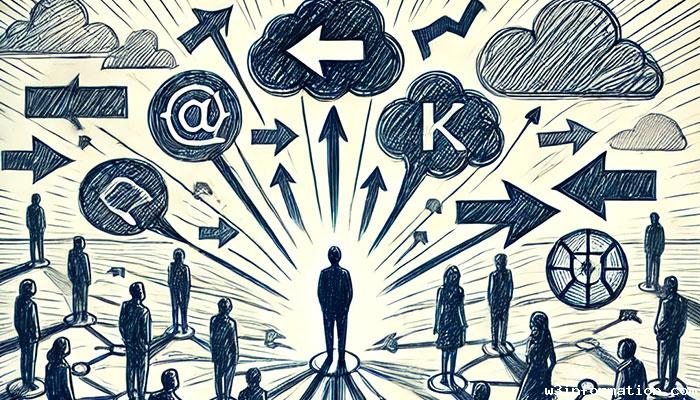
Mitigating the Effects of Bias
- Cognitive biases: knowledge and training.
- Practical strategies for improving decision-making.
- Using decision trees or frameworks.
- Considering alternative perspectives.
- Having diverse voices when in a group.
- Technology (e.g., AI and algorithms) as a means of decreasing human error.
Real-World Applications
- Business: Business Strategies and Negotiations Influenced by Biases.
- In Health Care: Decisions affected by diagnoses and treatments biases.
- In Daily Life: Daily decisions driven by shortcuts to the brain.
Conclusion
Summary: How biases impact our decisions, but sometimes we don’t even realize it.
- Self-awareness and proactive approaches for doing better.
- Stimulus to regard decision-making as a learned art.
W3information helps you to get knowledge about the new information. This site under copyright content belongs to w3information. By using this site, you agree to have read and accepted our terms of use, cookie and privacy policy.
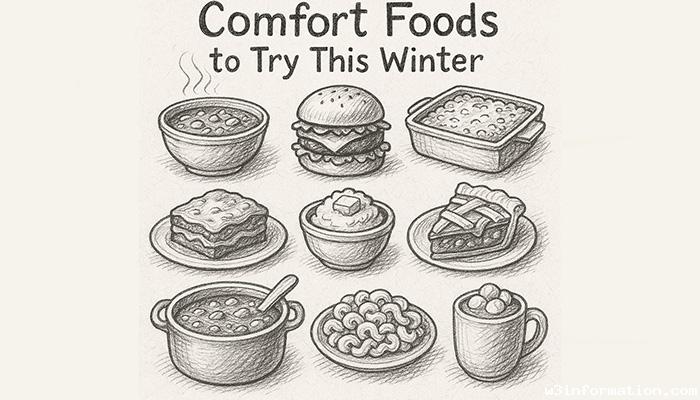 Top 10 Comfort Foods to Try This Winter
Top 10 Comfort Foods to Try This Winter
 Top 10 Christmas Destinations Around the World
Top 10 Christmas Destinations Around the World
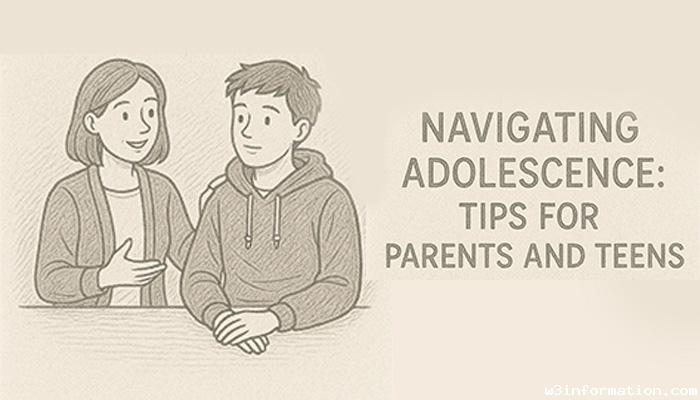 Navigating Adolescence: Tips for Parents and Teens
Navigating Adolescence: Tips for Parents and Teens
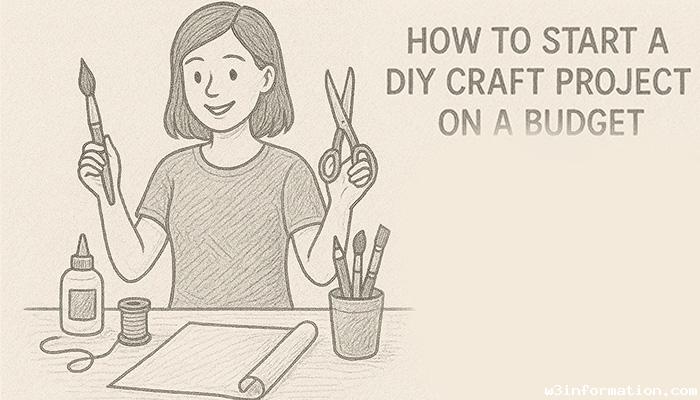 How to Start a DIY Craft Project on a Budget
How to Start a DIY Craft Project on a Budget
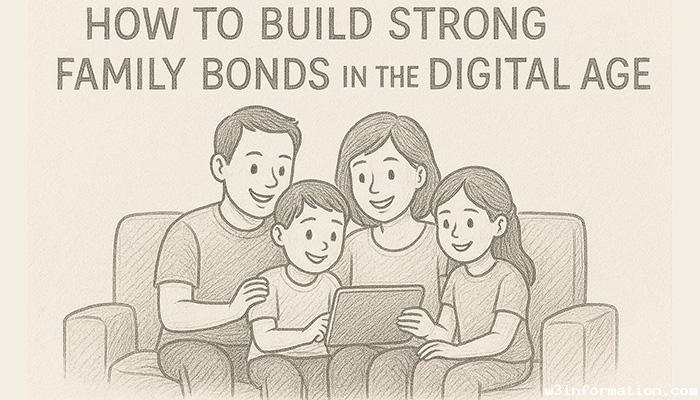 How to Build Strong Family Bonds in the Digital Age
How to Build Strong Family Bonds in the Digital Age
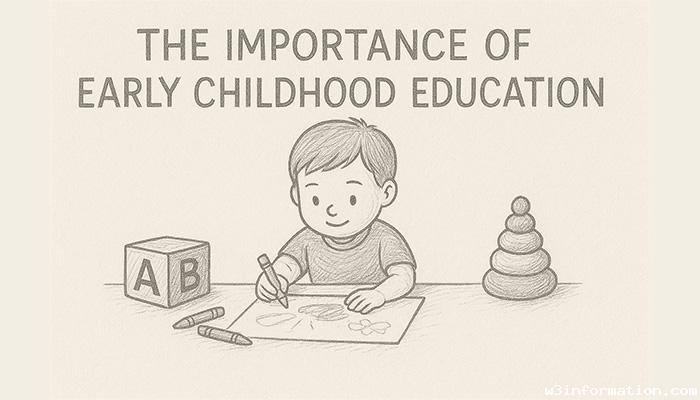 The Importance of Early Childhood Education
The Importance of Early Childhood Education